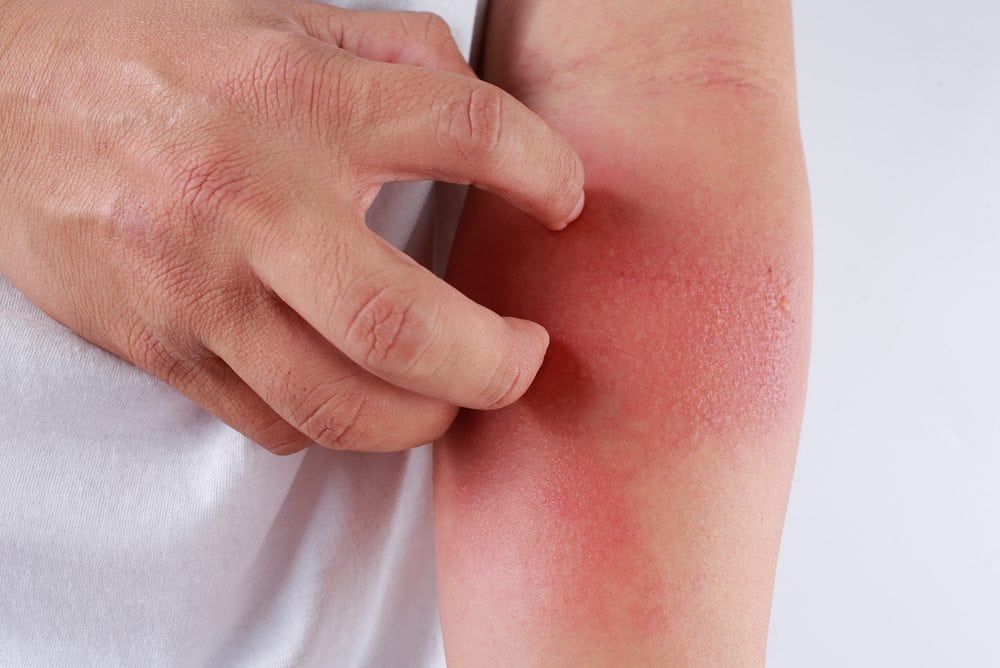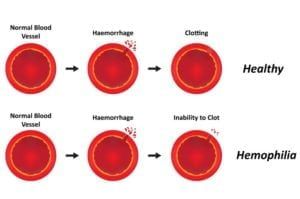Eczema, also known as atopic dermatitis, is a skin disease that occurs in people of all ages – though children are most prone to developing it. Approximately 35 million people in the U.S. have eczema, the vast majority of who are children under age 5. The condition causes chronically dry patches of skin and itching at all ages. The discomfort from eczema leads to constant scratching, which can in turn cause secondary complications, such as infection. It is important to seek dermatological treatment for eczema if you or your child is suffering from any of the signs and symptoms of this disease.
Did you know?
Eczema symptoms vary according to severity and age of onset. Among children, who often develop the disease before their first birthdays, the symptoms may include a rash on the scalp and face. Older children can develop knots under the skin, as well as some thickening and discoloration. Additionally, the rash may appear in various areas such as the wrists, elbows, and knees. For adults, eczema covers much of the body and causes a persistent, non-stop itch.
Frequently Asked Questions
Should I be treated for eczema?
See your dermatologist if you think you or your child may be suffering from eczema. Your doctor will examine you or your child’s skin and possibly conduct a ‘patch test’ to determine whether the rash is caused by a common allergen. In some cases, people with eczema find that their symptoms are worsened by exposure to allergens.
What should I expect during eczema treatment?
Eczema treatment is conducted in phases, first to control uncomfortable symptoms and then to clear infection and scaly lesions. Your treatment may include a combination of in-office treatments, topical medications, skin care products and lifestyle changes. Over time, eczema symptoms may begin to fade, and the development of new lesions usually slows.
Is there anything I can do to facilitate the treatment process and improve my outcome?
Yes. Good skin care goes a long way in facilitating eczema treatment. Talk to your dermatologist about ways you can lower your stress levels, which may contribute to flare-ups. Keep in mind that eczema in young children often improves on its own over time. And for those who have eczema into adulthood, symptoms generally become milder.











































































































































































































































































































